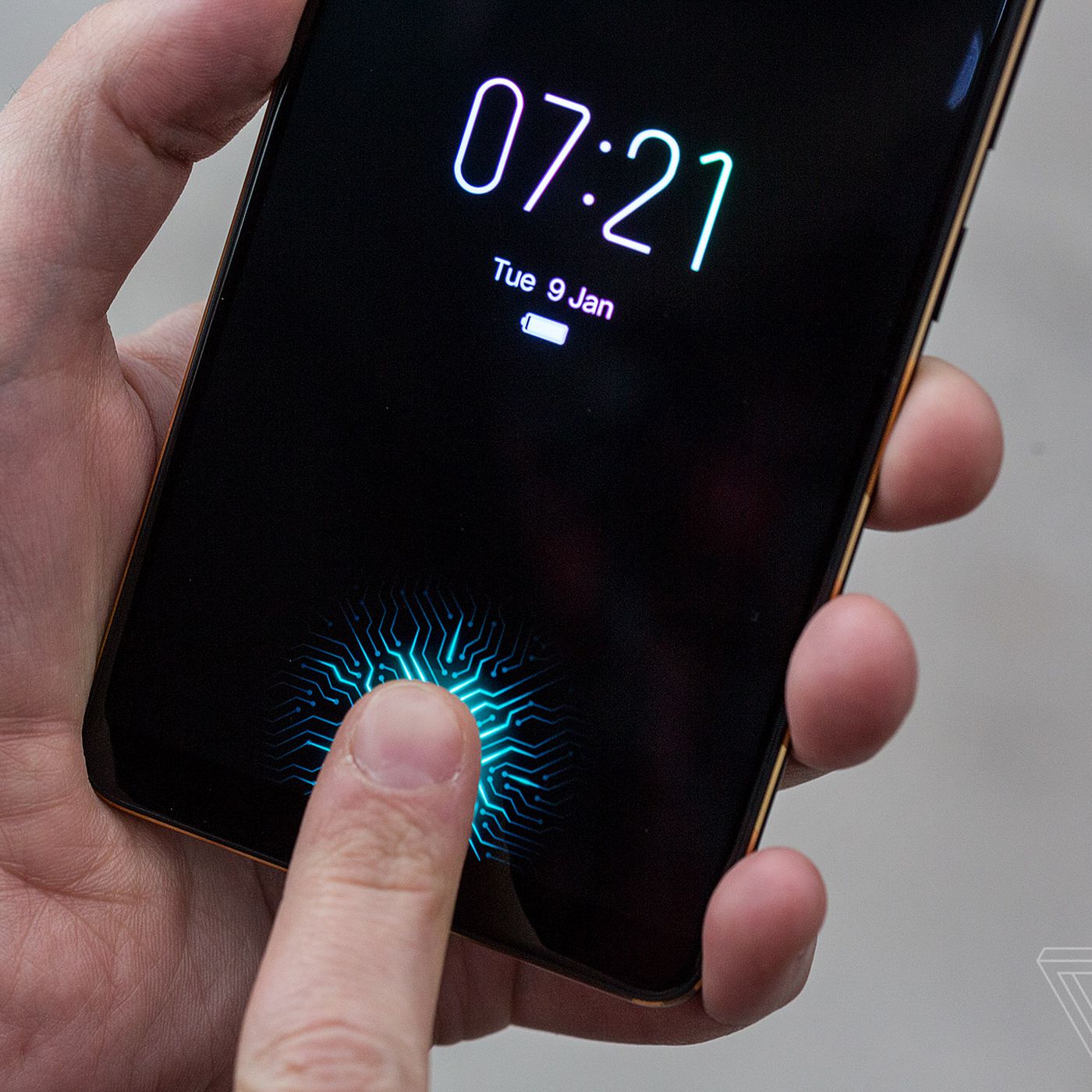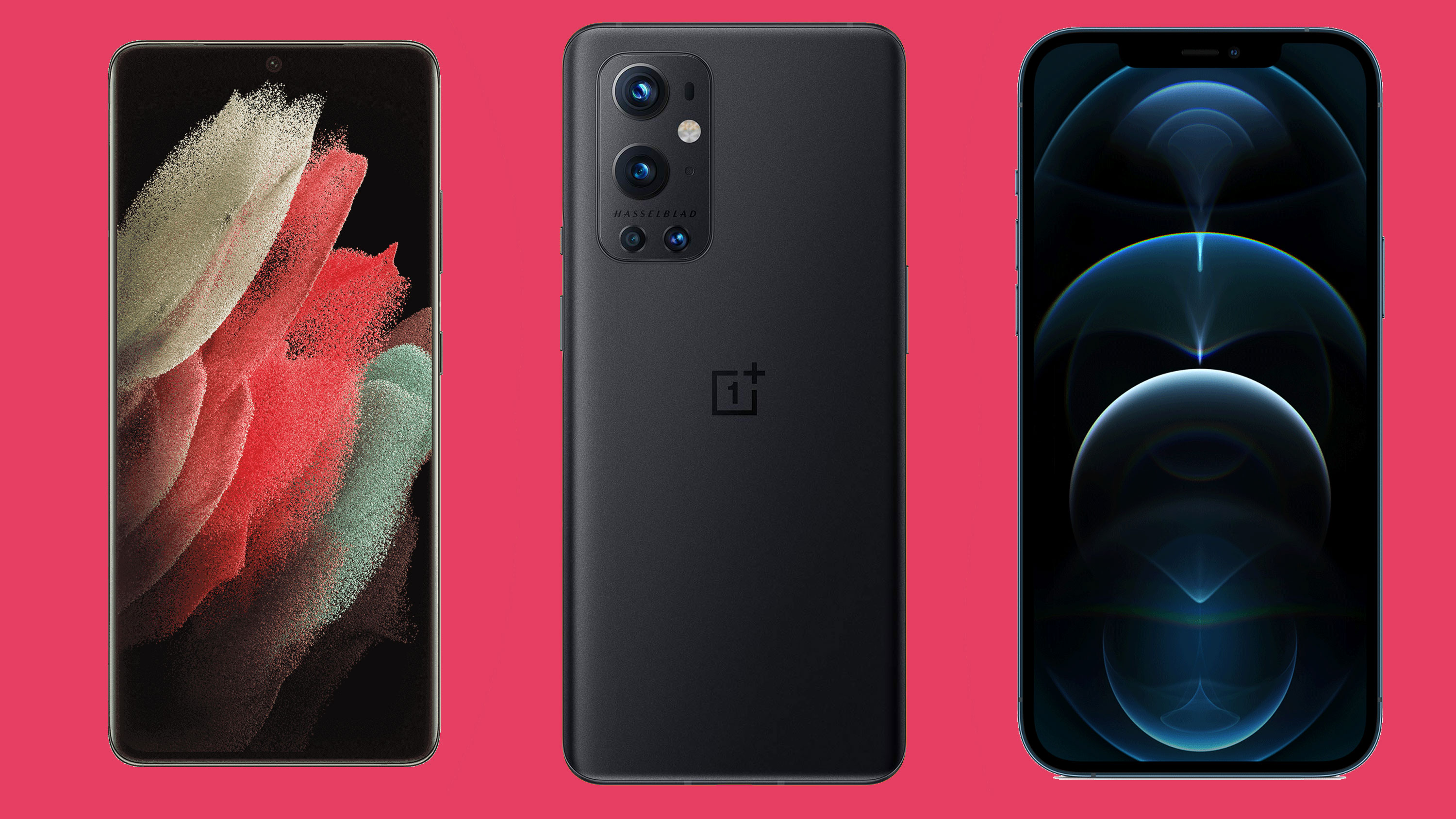Unveiling Mobile Security: Which Phones Have Fingerprint Scanners?
Introduction
As smartphone usage continues to skyrocket, keeping the personal and professional information stored on these devices secure has become paramount. One emerging technology in this field is the fingerprint scanner, commonly found on an increasing number of smartphones. So, what phones have fingerprint scanners? Let’s delve deeper into the role of this technology, how it works, and its implications. This guide will take you through everything you need to know about fingerprint scanners in phones, a significant leap in mobile security.
What is a Fingerprint Scanner in Phones?
A fingerprint scanner built into a smartphone is a powerful form of biometric technology. Here's what you need to know:
- Primarily, it functions by capturing and authenticating a user's distinct fingerprint before granting or denying access to the device.
- It's now a common feature in many smartphones and is designed to either replace or increase the effectiveness of traditional password or PIN-based authentication methods.
- The reason behind its high usage is simple: every individual's fingerprint contains exclusive patterns, making fingerprint scanners a highly reliable and robust security feature.
- By utilizing a fingerprint scanner, smartphones can offer an additional and convenient layer of security to protect personal and professional information stored on devices.
How Do Fingerprint Scanners in Phones Work?
Fingerprint scanner technology is not just an add-on feature; it's a sophisticated piece of technology that ensures the utmost security within your smartphone. How does such a powerful feature operate? Here's a simple breakdown of its mechanism:
1. Capture and Creation: The first step in this process is capturing the unique details of a user's fingerprint. The scanner brightens up your finger and captures an image using sensors.
2. Mapping and Storage: Post capture, the scanner utilizes various sensors to recognize the distinct points in the ridges and valleys of your fingerprint. This unique pattern is converted into mathematical representation and stored as digital data in a secure part of your phone. This is a one-time process done during the initial set-up of the device.
3. Verification and Authentication: Each time a user attempts to unlock their smartphone, the scanner leaps back into action. It rescans the finger, again translating it into a mathematical representation. The newly captured data is then compared to the stored digital image.

4. Access or Denial: If the freshly scanned data matches the stored profile, access to the device is granted, and the phone unlocks. In case of a mismatch, access is denied.
This four-step process operates every time you place your finger on the scanner. This highly efficient and secure system ensures quick access while safeguarding your personal data, contributing significantly to the enhancement of mobile security.
Which Manufacturers Are Incorporating Fingerprint Scanner Technology in Their Phones?
Fingerprint scanner technology, a cutting-edge development in smartphone security, has been adopted by various leading manufacturers, each adding their unique touch to how the feature operates and integrates into their devices.
* Apple: Pioneers in this field, Apple first introduced fingerprint scanning technology in their iPhone 5S. Known as Touch ID, this feature remains prevalent in iPhones today.
* Samsung: Along with their traditional rear scanner, Samsung has introduced in-display fingerprint scanners in their recent flagship models, enhancing both aesthetics and functionality.
* Google: Known for their advanced software, Google incorporates a reliable rear-mounted fingerprint scanner in devices like the Google Pixel 5.
* Huawei: Huawei has adopted the in-screen scanner technology, offering easy phone access without compromising on screen estate.
* OnePlus: Appreciated for its blend of affordability and premium features, OnePlus incorporates an efficient in-display fingerprint sensor in their phones.
Today, fingerprint scanners are virtually a staple in all flagship smartphones, significantly enhancing the overall user experience.
What Are the Top-Ranked Phones with Fingerprint Scanners?
In today's digital age, security is of utmost importance, and fingerprint technology is leading the way in mobile protection. Various renowned smartphone manufacturers have incorporated fingerprint scanner technology into their mobile devices. Here, we've compiled a list of the top five smartphones optimized with state-of-the-art fingerprint scanners.
1. Apple iPhone 13 Pro: This powerhouse boasts a secure Face ID feature and Touch ID via the power button, providing users with extremely quick response times and highly accurate readings.
2. Samsung Galaxy S21: Samsung has embedded an ultrasonic fingerprint scanner within the screen of its Galaxy S21. This feature offers a rapid and seamless unlocking experience while maintaining robust security boundaries.
3. Google Pixel 5: Google prioritizes user-friendliness and reliability in their Pixel 5, which sports a rear-mounted fingerprint sensor for quick and secure access.
4. Huawei P30 Pro: Capitalizing on advanced technology, Huawei places an in-screen fingerprint scanner in the P30 Pro. The device offers high scanner performance with remarkable responsiveness and excellent recognition capabilities.
5. OnePlus 9 Pro: The 9 Pro by OnePlus is equipped with an efficient, in-display fingerprint sensor that proffers both accuracy and speed, giving users the balance of usefulness and safety they crave.
These smartphones highlight how prioritizing security doesn’t mean compromising comfort. The inclusion of fingerprint scanners optimizes the user experience and ensures that sensitive data is adequately protected. As technology continues to evolve, we’re looking forward to seeing how fingerprint scanning capabilities will enhance in the upcoming models.
What are Pros and Cons of Using Phones with Fingerprint Scanners?
Using phones with fingerprint scanners can provide several benefits. Meanwhile, like any other technology, there are some facets that might be noted as drawbacks. In this section, we will identify the key pros and cons of using phones with fingerprint scanners.
Pros of Using Phones with Fingerprint Scanners:
- Speed and Convenience: Unlocking your phone becomes hassle-free - with just a touch, you get access. Verification is rapid, saving time and reducing frustration.
- Enhanced Security: Fingerprint scanners add an extra layer of protection, as fingerprints are unique and hard to duplicate. They keep your personal and professional data secure, offering users peace of mind.
- Improved Accessibility: Fingerprint scanners eliminate the need to remember complex passwords or PINs, rendering the phones more accessible for everyone.
Cons of Using Phones with Fingerprint Scanners:
- Potential Inaccuracy: Some users report that fingerprint scanners may sporadically fail to recognize their fingerprints, especially if the finger is damp or dirty.
- Privacy Concerns: Despite the security they provide, using your fingerprint as a lock raises some privacy issues since the data might attract cybercriminals.
- Limited Use: Some models only support a limited number of fingerprints, which can limit the sharing of device access.
Understanding both sides of the coin ensures users can weigh the benefits against the negatives before plunging into purchasing decisions. Regardless of the cons, fingerprint scanners undeniably bolster security and convenience in our ever-evolving digital landscape.
How Do Fingerprint Scanners Impact Mobile Security and What's the Future?
The integration of fingerprint scanning technology into mobile phones has had a profound impact on mobile security and offers promising future trends. Here's a detailed examination of this impact and some potential future developments:
1. Improved Mobile Security: Fingerprint scanners have significantly bolstered mobile security by introducing an additional layer of protection — biometric identification. This unique feature ensures that only the recognized fingerprint can unlock the device, making unauthorized access exceedingly difficult.
2. Efficiency & Convenience: With a simple touch, users can unlock their devices, offering a combination of speed and convenience that traditional passwords or PINs can't match.
3. Privacy Concerns: On the flip side, the collection and storage of biometric data have invoked some privacy concerns. High-level encryption methods are used to protect this data, yet the potential for a breach is a widespread concern.
Regarding the future trends of fingerprint scanners in mobile security:
1. Enhanced Accuracy: Future renditions of this technology will likely focus on improving accuracy, reducing the chances of failed recognition due to wet or dirty fingers.
2. Biometric Diversity: We could see the incorporation of additional biometric features, such as iris or facial recognition, for even more secure access.
3. In-Screen Selfie Scanners: Some speculate the introduction of in-screen selfie scanners, broadening the scanner's functionality beyond security.
Overall, fingerprint scanners have significantly improved mobile security and promise exciting advancements in the future.
Conclusion
So, there you have it - a comprehensive look at fingerprint scanners in phones. They have proved to be instrumental in enhancing mobile security, protecting sensitive data, and enabling quick, easy access to devices. Despite the occasional hiccup, it is clear that fingerprint technology has a bright future in the realm of smartphone security.
Related FAQs about what phones have fingerprint scanners
What is the difference between in-display and rear-mounted fingerprint scanners?
In-display fingerprint scanners are embedded into the phone's screen, offering a seamless and aesthetic design. On the other hand, rear-mounted scanners are situated on the back of the device, sometimes positioned conveniently where a user's index finger would naturally rest when holding the phone.
Are fingerprint scanners in phones safe to use? How secure are they?
Fingerprint scanners in phones are considered quite safe and secure. While not infallible, the unique nature of fingerprints provides robust security against potential breaches. Biometric data is also typically encrypted and securely stored to prevent misuse.
How does a phone's fingerprint scanner compare to other biometric identification methods?
Different biometric identification methods offer different levels of security and convenience. Fingerprint scanners offer a balance of both, requiring just a touch to unlock. Facial recognition, on the other hand, might be more convenient but can be less reliable in poor lighting conditions. Iris scanning is considered the most secure but requires specific hardware.







